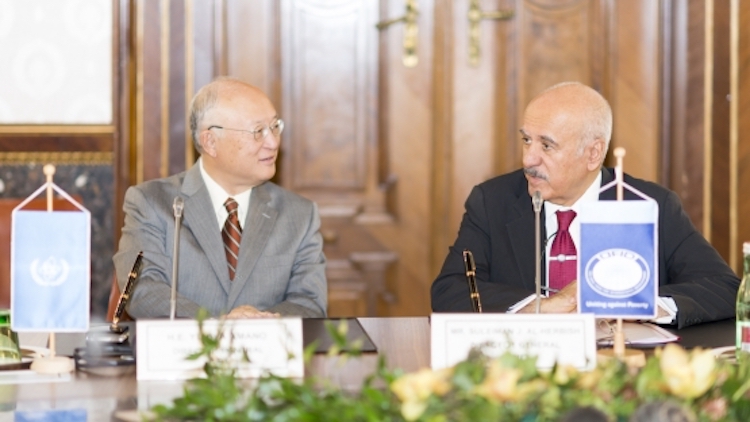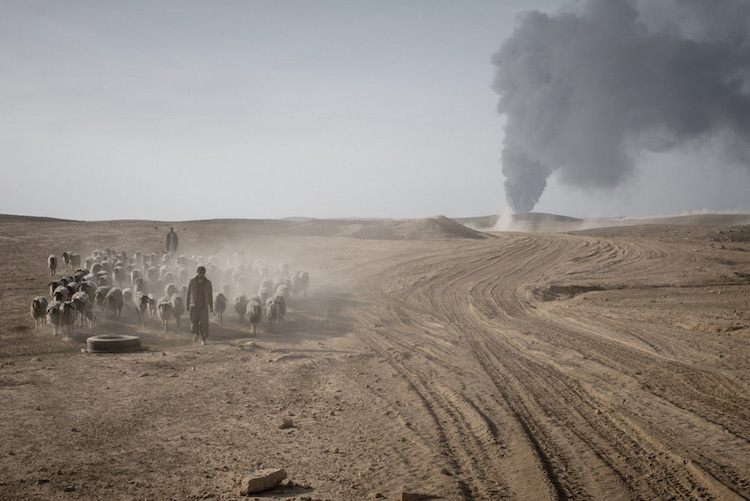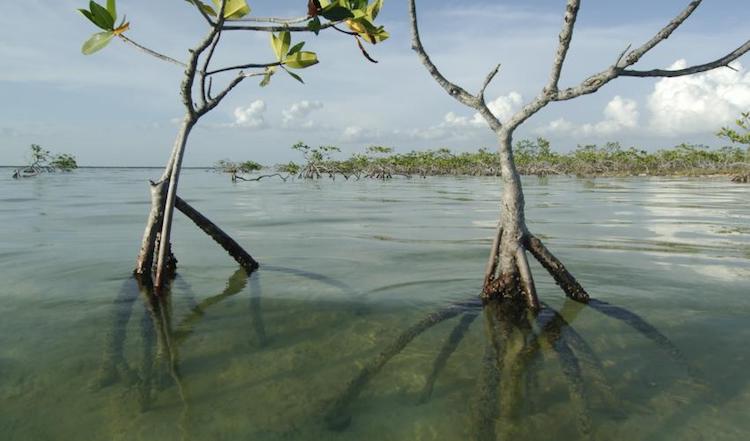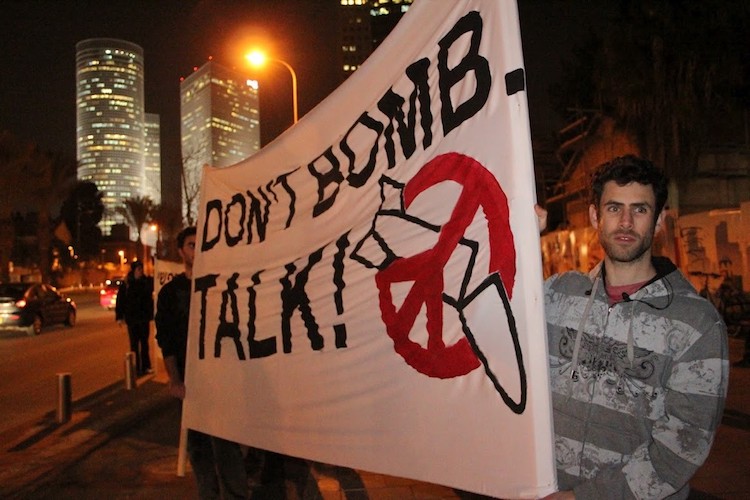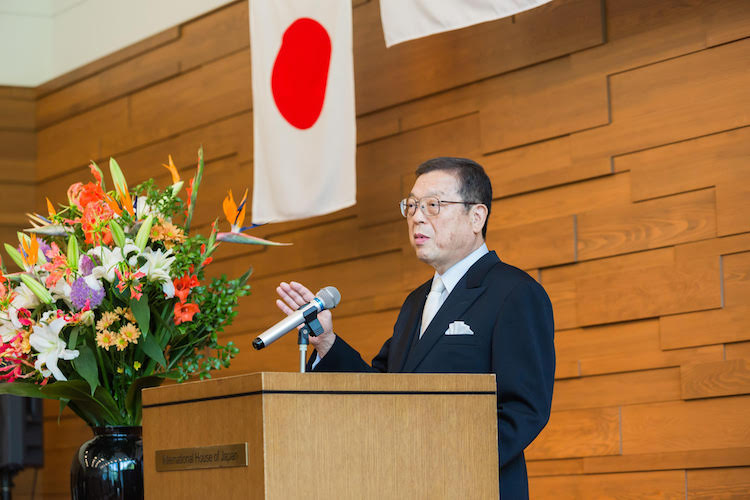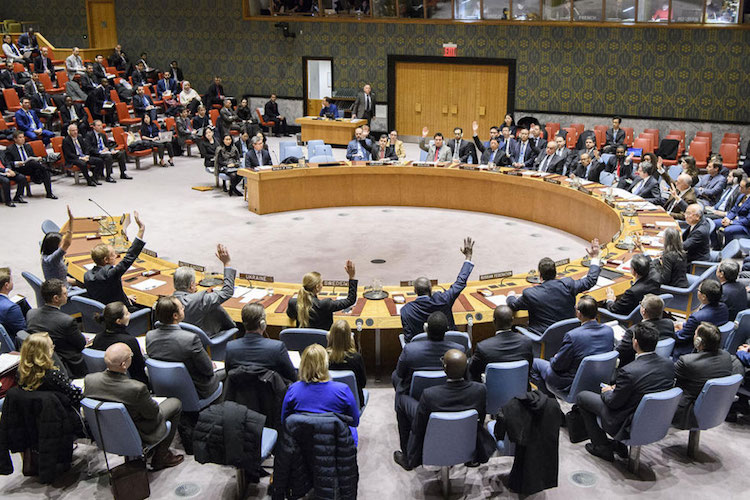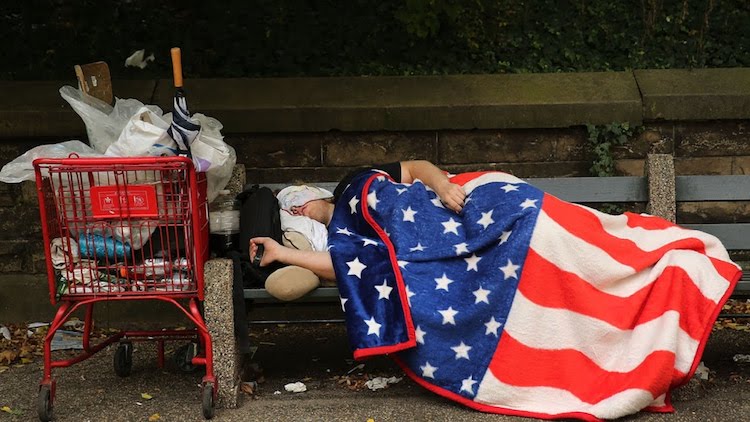By Jutta Wolf BERLIN | VIENNA (IDN) – The Organization of Petroleum Exporting Countries (OPEC) Fund for International Development (OFID) has joined hands with the United Nations atomic energy agency in achieving Sustainable Development Goal 2 on ending hunger, achieving food security Backed by the OFID grant of US$ 600,000, the International Atomic Energy Agency […]
Conflict and Crises Impeding Efforts to Eradicate Hunger
By Santo D. Banerjee NEW YORK (IDN) – Strife and violence in some countries in the Near East and North Africa are casting a shadow on prospects for Zero Hunger across the entire region by 2030, according to a new report. The 2017 edition of the Regional Overview of Food Security and Nutrition in the Near […]
Planet Earth Suffers as Politics Rearranges the Deck Chairs on the Titanic
Viewpoint by Roberto Savio The writer is publisher of Other News, an eminent proponent of “information that markets eliminate” and founder of IPS-Inter Press Service News Agency. This article is being reproduced courtesy of Other News with the writer’s permission. He can be contacted at utopia@robertosavio.info and his articles and comments can be read on […]
Investment Boosts Protected Areas Across 79 ACP States
By Jaya Ramachandran BRUSSELS (IDN | IUCN) – “The protection and sustainable management of biodiversity in ACP countries requires a comprehensive approach that extends beyond the establishment of protected areas,” according to Patrick I. Gomes, Secretary-General of the ACP Group. It is against this backdrop that the ACP (African, Caribbean and Pacific) Group of States […]
Israeli Disarmament Movement Steers Through Nuclear Ambiguity
By Bernhard Schell AMMAN (IDN) – The Israeli media ignored the Nobel Peace Prize ceremony in honour of the International Campaign to Abolish Nuclear Weapons (ICAN) on December 10, 2017 in Oslo. The Israeli Ambassador to Norway however attended the event. The silence of the Israeli media, according to observers, was not surprising though ICAN’s […]
Uncertainties Abound on the Threshold of 2018
By Martin Khor Martin Khor is the Executive Director of the South Centre. He can be contacted at director@southcentre.int. This analysis first appeared on South Bulletin 100, December 2017 with the caption: ‘In 2017, Donald Trump dominated the year by using US clout to change many aspects of global relations, and not for the better.’ […]
Promoting Sustainable Development in Southeast Asia
Viewpoint by Fumiyasu Akegawa Fumiyasu Akegawa is founder and president of DEVNET Japan. TOKYO (IDN) – Since DEVNET Japan participated in August 2015 in Expo 2015 hosted by the Italian city of Milan, the organization set up in March 2013 to promote Sustainable Development Goals (SDGs) particularly in Southeast Asia has made considerable strides. It […]
UN Chief Expects New Sanctions To Help Make 2018 ‘A Pivotal Year’ for the Korean Peninsula
By J Nastranis UNITED NATIONS (IDN) – The United Nations Secretary-General António Guterres desires to make 2018 “a pivotal year” for the achievement of sustainable peace on the Korean Peninsula. In a statement attributable to his spokesperson, following the adoption of a new Security Council resolution (UNSCR 2397), he said: “The only way forward for […]
It’s Getting Better Except in Trump’s America
Viewpoint by Jonathan Power* LUND, Sweden (IDN-INPS) – Every so often reports emerge that attempt to measure which are the best countries to live in. The Nordic countries plus New Zealand, Holland and Switzerland, usually come out top. Sweden is number one just for the sheer stability of life and security. Denmark is seen as […]
UN Expert Reveals Shocking Facts about Poverty in the U.S.
By J C Suresh TORONTO (IDN) – More than one in every eight Americans, numbering 40 million, equal to 12.7 % of the population, are living in poverty, and almost half of those – 18.5 million – in abysmal poverty, according to a new report. Though the United States is one of the world’s richest, […]

